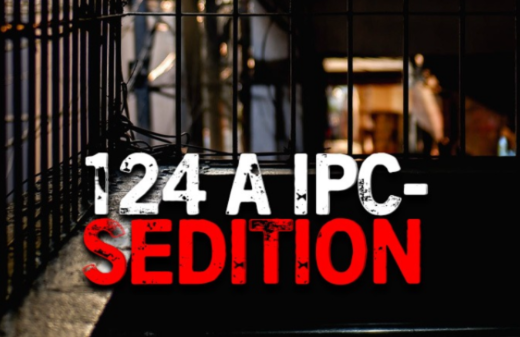
In a recent significant development, the Supreme Court of India has taken a proactive step in addressing the constitutional validity of Section 124A of the Indian Penal Code, commonly known as the Sedition law. The Court, in its order, has referred a batch of petitions challenging this controversial law to a larger bench consisting of at least five judges.
One of the notable observations made by the Supreme Court in this context is the reference to the 1962 judgment in Kedar Nath Singh v. State of Bihar. This historic judgment had previously upheld the provisions of Section 124A, but the Court has highlighted a crucial aspect that was not considered at the time: Articles 14 of the Constitution.
The invocation of Article 14, which guarantees the fundamental right to equality before the law and equal protection of the laws, introduces a new perspective into the sedition law debate. It underscores the need for a comprehensive examination of whether Section 124A aligns with the principles of equality and non-discrimination enshrined in the Indian Constitution.
By referring the matter to a larger bench, the Supreme Court has signaled its intent to thoroughly evaluate the sedition law in light of constitutional principles, including Article 14. This development holds significant implications for the ongoing discourse on free speech and the balance between national security concerns and individual liberties in India’s legal landscape.



